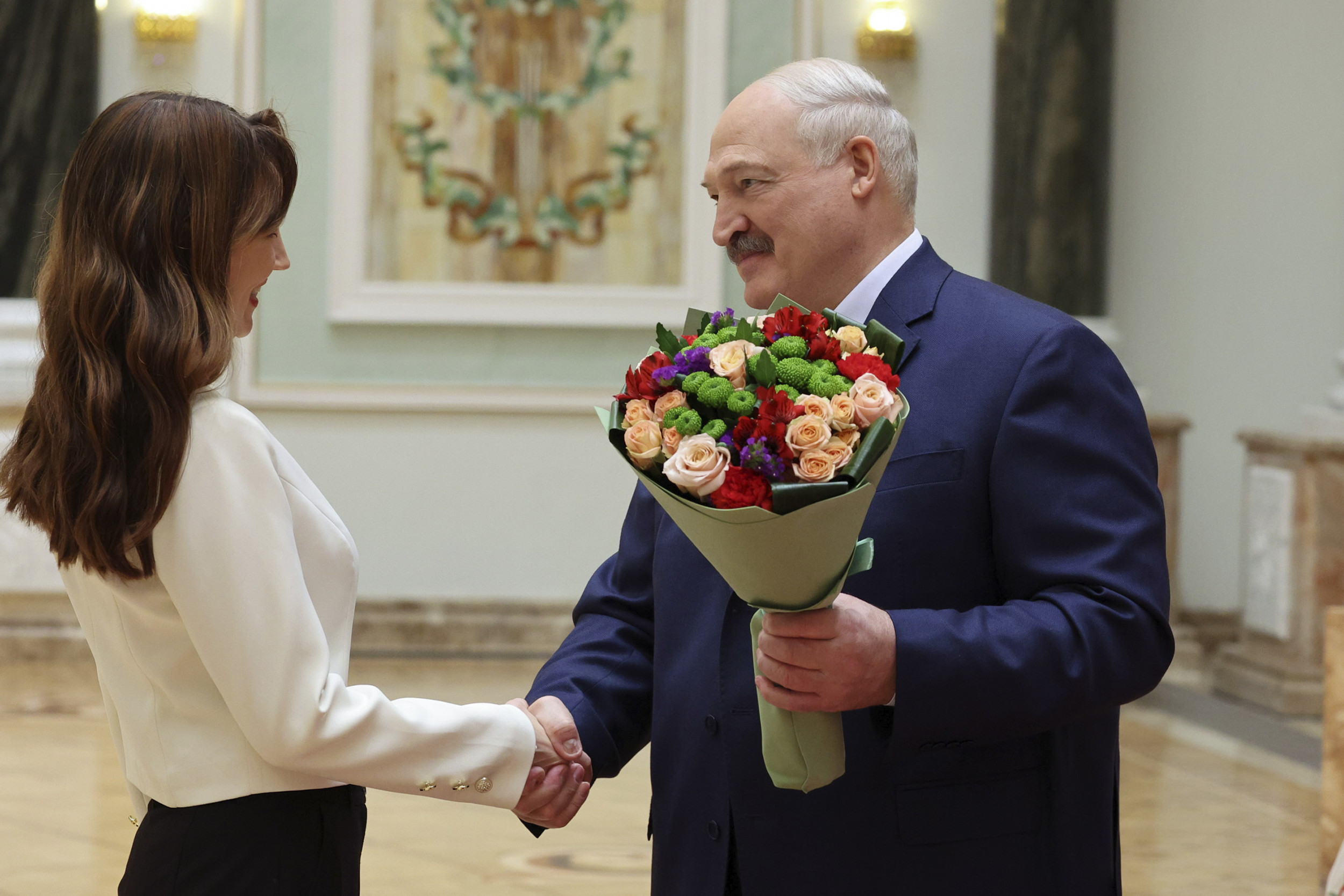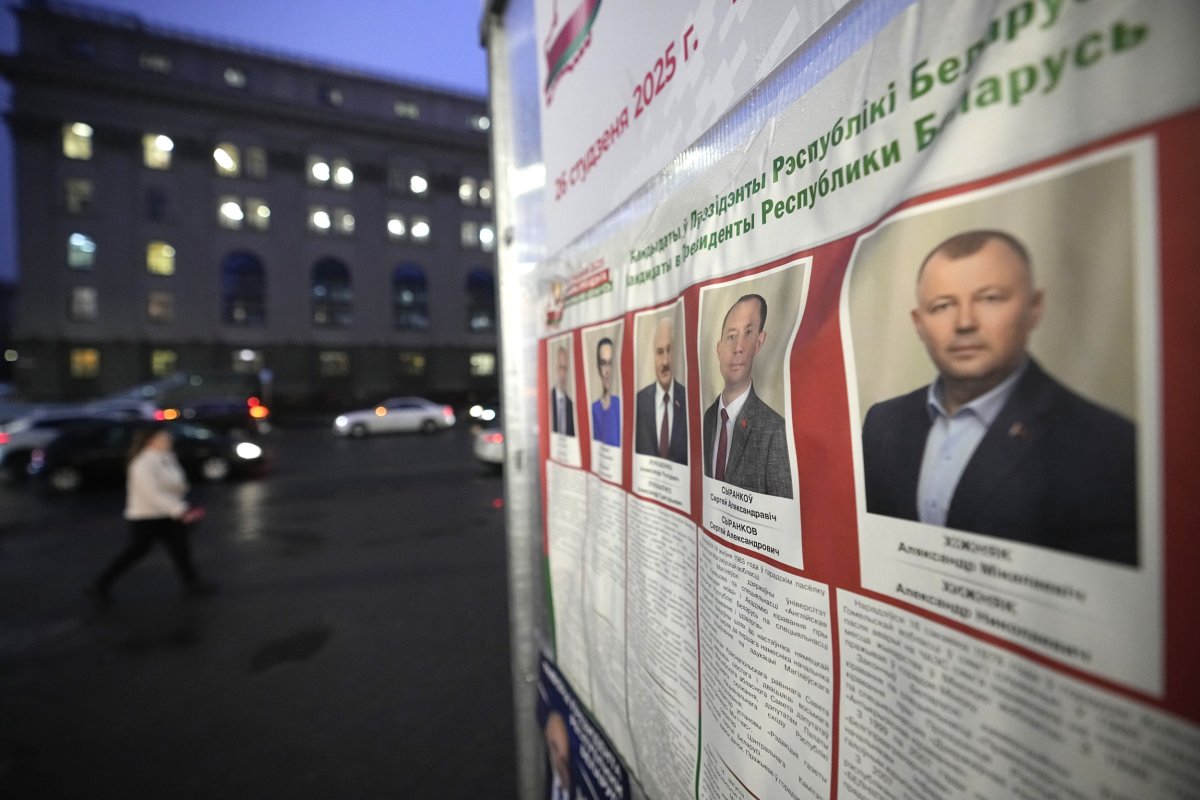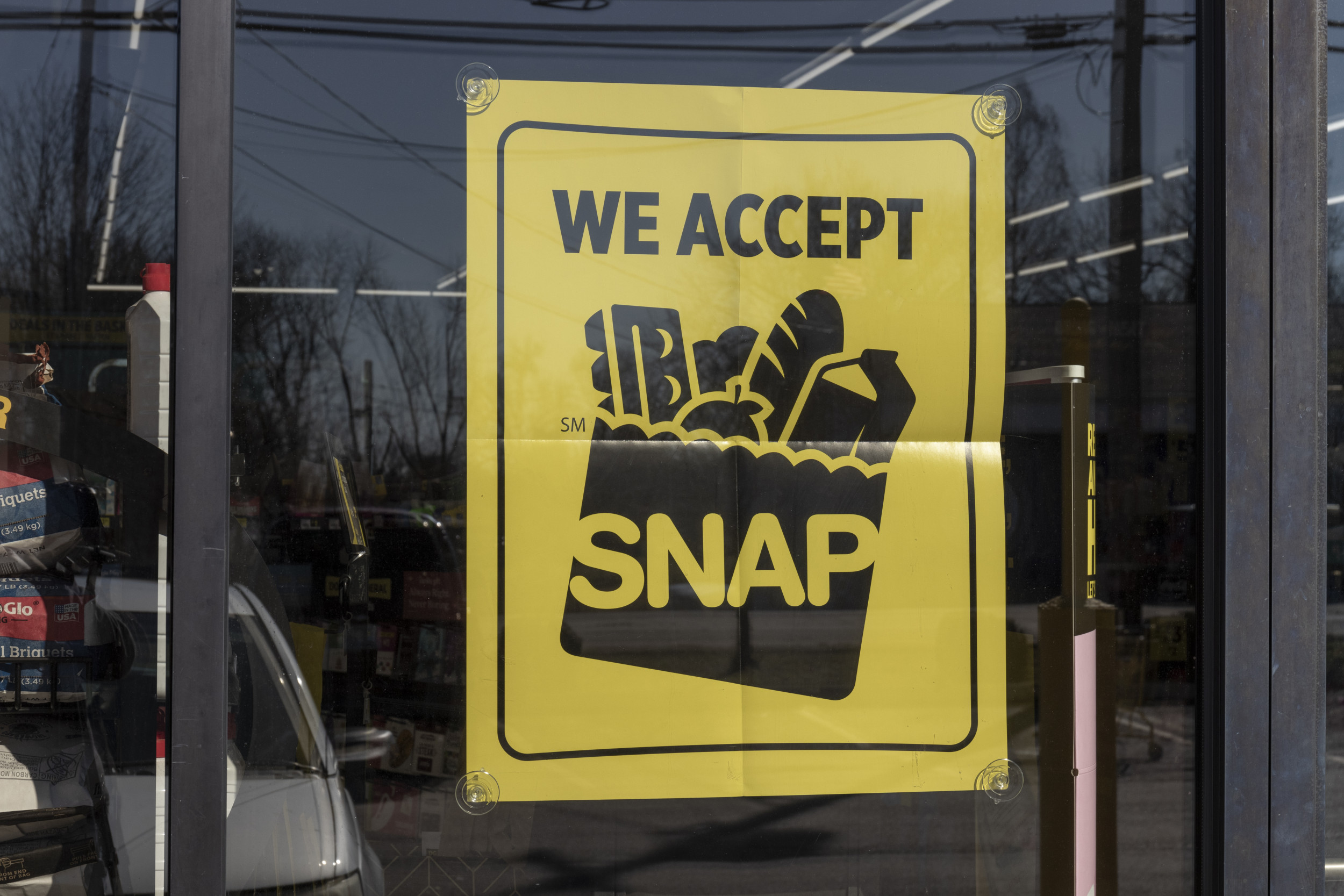
Belarus is on the brink of extending the 30-year rule of its authoritarian leader, President Alexander Lukashenko, who is poised to secure a seventh term in a presidential election slated for January 2025.
Newsweek has reached out to the Belarus government for comment via email.
Why It Matters
Lukashenko was dubbed “Europe’s last dictator” early in his tenure. Despite periodic efforts to appease the West, the only leader post-Soviet Belarus has knownhas lived up to the nickname. The outcome of this election will not only reinforce Lukashenko’s rule but also demonstrate Belarus’ increasing dependence on Moscow.

Belarus’ Presidential Press Service/AP Photo
What To Know
The 2025 Belarusian election has been moved from its usual August timing to the colder month of January. This strategic shift is seen as a means of preventing protests, which are less likely in the frigid weather.
Opposition Suppression
The election is expected to be a formality, with Lukashenko likely winning by a significant margin. His main challengers have either been jailed or exiled. Human rights activists say Belarus holds about 1,300 political prisoners, including Nobel Peace Prize laureate Ales Bialiatski.
The 2020 election to his sixth term, which was widely seen at home and abroad as rigged, sparked months of massive protests, the largest ever seen in Belarus.
Sweeping crackdown resulted in over 65,000 people being arrested. Western sanctions were imposed after thousands were beaten by police and independent media outlets and nongovernmental organizations were closed and outlawed.
Despite some pardons having been issued, the government has continued its aggressive crackdown on dissent. Security forces have targeted family members of political prisoners and conducted arrests of individuals associated with opposition movements, both online and offline.
Opposition leader-in-exile Sviatlana Tsikhanouskaya has called the latest vote a farce.
Ties With Russia
Lukashenko’s regime has maintained close ties with Russian President Vladimir Putin, with Belarus offering military support for Russia’s invasion of Ukraine in 2022. This relationship has deepened with the deployment of Russian tactical nuclear weapons to Belarus and the prospect of further military collaborations, including the stationing of Russian hypersonic missiles.

Pavel Bednyakov/AP Photo
What People Are Saying
Pavel Sapelka, representative of the Viasna human rights organization: “The politicians who once dared to challenge Lukashenko are now literally rotting in prison in torture conditions, there has been no contact with them for over a year, and some of them are in very poor health.”
Belarusian political analyst Valery Karbalevich: “There won’t be mass protests in freezing January.”
What Happens Next
Belarus seems set for another term of Lukashenko’s authoritarian rule. The West will likely continue to apply pressure through sanctions, but his position appears secure, barring unforeseen developments.
This article includes reporting from The Associated Press





